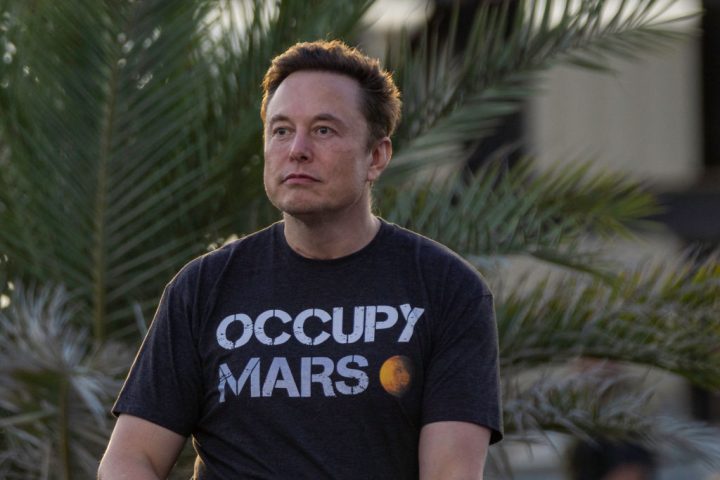Elon Musk, the Twitter owner, is in his own words a ‘free speech absolutist’. He promised to combat censorship and allow a broader range of voices on the social media platform as part of his pitch for acquiring the company last October. It is, then, hard to square his free speech bombast with recent events in India where the social media giant is playing corporate lackey to a government hooked on using censorship as a way of silencing political dissent and debate.
Twitter is facing a growing backlash after bowing to the latest official demands by prime minister Narendra Modi’s government to block the accounts of government critics, including more than a 100 prominent activists, journalists and politicians in India and abroad. The ban even stretched to the Twitter feed of the Canadian poet Rupi Kaur, whose poetic outpourings can hardly be deemed a grave political threat except perhaps in the increasingly paranoid minds of India’s rulers.
In not pushing back harder, Twitter is culpable of aiding and abetting the country down a repressive path
The pressure to block accounts came in the wake of a controversial government internet shutdown last month in the Indian state of Punjab, where the authorities were trying to apprehend a fugitive Sikh nationalist leader.

Britain’s best politics newsletters
You get two free articles each week when you sign up to The Spectator’s emails.
Already a subscriber? Log in







Comments
Join the debate for just £1 a month
Be part of the conversation with other Spectator readers by getting your first three months for £3.
UNLOCK ACCESS Just £1 a monthAlready a subscriber? Log in